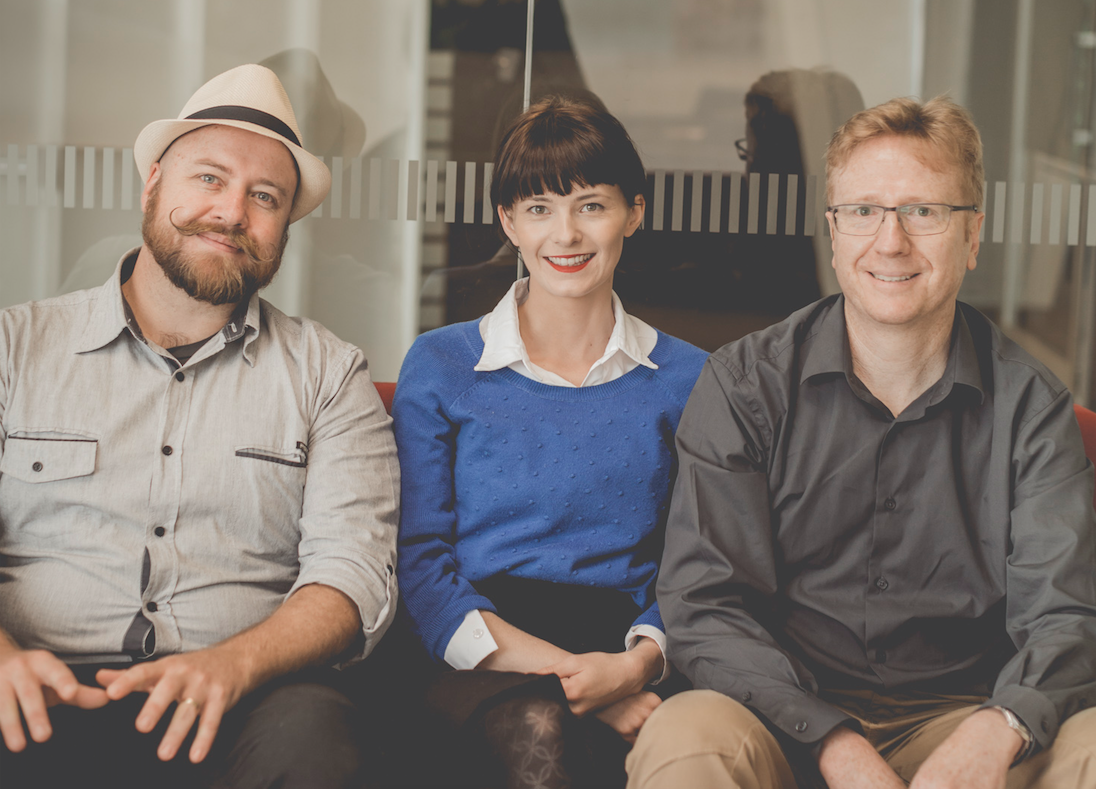
In primal times, long before businesses existed, people would hunt prey by predicting its movement in a linear pattern – if it was last seen there, it would now be here. Fast-forward to today and the same linear processes are used to predict business outcomes. However, Miles warns patterns like “last year plus 10 percent” can no longer be assumed.
Exponential and turbulent change is challenging predictions about the future and Miles says businesses need to “keep their wits about them” to avoid being caught out.
He gives the example of customer purchasing habits, saying that while a traditional channel may be relevant to its customers one day, the next day they may have shifted to mobile and tablet buying leaving a gap until the business catches up or risk becoming irrelevant.
Being able to close those gaps becomes a form of modern day “fitness”, something that Velox Innovation specialises in helping businesses with. Between them, Miles and Stokes have 35 years’ experience helping businesses commercialise their ideas, with Stokes having worked in product development and business system optimisation in companies such as Navman and NextWindow, and Miles in accelerated innovation practices, startup methodologies and business design, making businesses such as Serato and Fisher & Paykel Healthcare more efficient and nimble.

Colart Miles
The Velox Innovation team work to help businesses adopt cutting-edge innovation practices designed to rapidly explore different market scenarios and take advantage of opportunities.
Miles says successful businesses differentiated themselves from mediocre ones, by extending innovation practices beyond product development and onto the business model and customer experience, and this can be learned in Velox Innovation’s immersive programmes and workshops.
One of those programmes is Driving Innovation, which was developed at the direction of Callaghan Innovation.
Within it is a set of guided market opportunity experiments which Miles says facilitates a business’s internal team to test problems and work through different solutions, similar to what a fast-moving startup would do. By the end of a given MOE, the team tends to have validated solutions and a qualifed business model to demonstrate to management, making investment more assured and reducing risk.
Recently, the market leader in water treatment and chemical distribution, Ixom, had great success in the programme. Miles says alongside Velox Innovation, a team in Ixom’s chemicals division worked through an idea that would take two years to implement under normal circumstances, however in a month, it was able to test it and discovered reasons not to pursue the idea any further.
“They were able to very quickly kill the project. Not only that but they took many lessons from that experience,” Miles says. “There was data that they had gathered from the experiment, and they fed it directly into other business directions.”
While Velox Innovation is helping the future of large businesses, it’s also considering its own. It’s a place of learning Miles says, and it’s looking at what can be done to support smaller, high- growth businesses that are already nimble but want to build more substance in the processes. In response, the team is developing a set of initiatives that focus on particular aspects of growth and innovation processes.
ADVICE FOR BUSINESSES LOOKING TO DEVELOP THEIR OWN PLAYBOOK FOR INNOVATION:
Double the rate of innovation
Take the ideas list and work through it at a much faster rate using a structured experiment.
Develop a growth mindset
Know the difference between protecting your business and protecting the value in your business, and growing the value in your business. Growing is a different lens to look at the business through.
Focus on customer experience
‘Customer experience’ is the collective sum of all interactions that a customer has with your brand. Positive outcomes will generate a positive experience, however if most outcomes are negative it is a pain point.
Explore business model variations
Understanding the current business model and what generates value will allow variations to be tested.
Broaden the planning horizon
Being able to project forward and use data to support a forecast is important. The act of planning is more important than the plan.
Challenge comfort zones
Most businesses are comfortable in a particular industry with a particular customer. However, when taken out of the comfort
zone that’s when the magic happens and the most innovative and most dramatic changes are seen.




